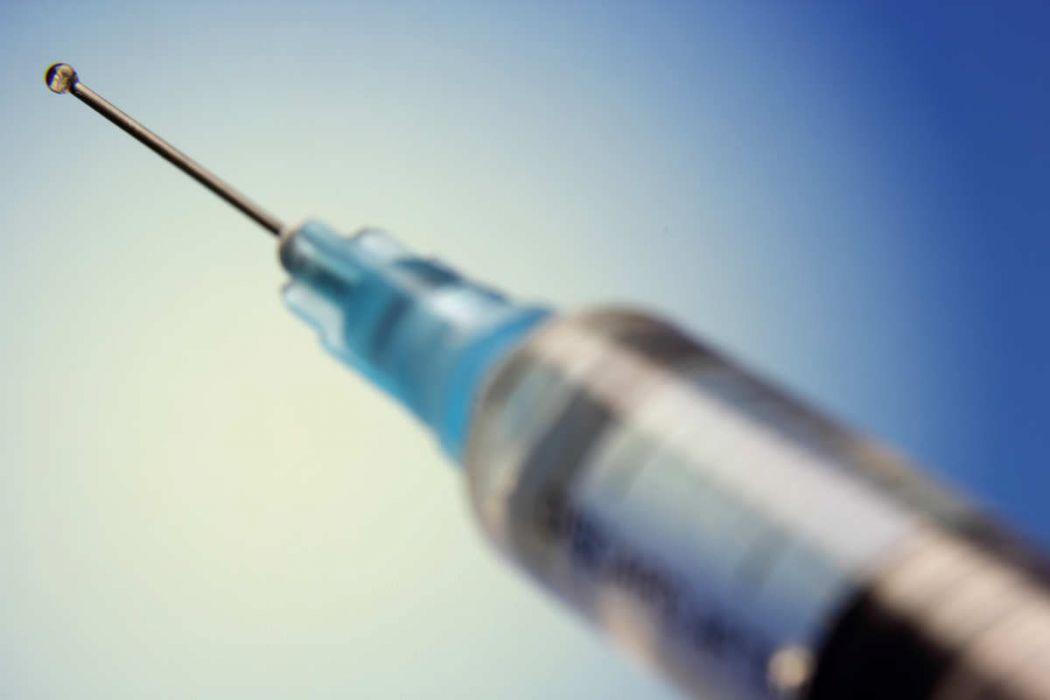In light of the recent fake vaccines scandal, there’s been a loud chorus from the public calling on the government and law enforcement to reveal which hospitals are known to have bought fake vaccines, mainly so that children who have been vaccinated at the identified hospitals can get re-inoculated.
Not a single hospital has been named so far, even though the Food and Drugs Monitoring Agency (BPOM) admitted that they have identified several of them. However, BPOM, as well as the police, are bound by law from revealing the names of the hospitals.
“Now we’re out of ideas. Bareskrim (the National Police Crime Investigation Unit) is not allowing [the information] to be released for public consumption, because it’s part of evidence, and is protected by the Criminal Code,” said Acting BPOM Head Teuku Bahdar Johan Hamid, as quoted by Detik today.
Teuku went on to say that the police and BPOM have identified 28 hospitals throughout Indonesia that have bought counterfeit vaccines. Even if he couldn’t name them, he hinted that these hospitals are generally small maternity hospitals.
National Police Chief Badrodin Haiti confirmed that the police are in possession of the identities of the hospitals, but they are not at liberty to reveal them while the investigation is still underway.
The police say they currently have 17 suspects who they believe were involved in the production and distribution of the fake vaccines and have evidence to believe that the fakes were distributed to Semarang, Yogyakarta, and Medan, on top of unspecified locations in the provinces of Banten, West Java, and Jakarta. The suspects, who are believed to have begun the counterfeit vaccines operation in 2003, are accused of distributing fake vaccines for diseases including tuberculosis, hepatitis B and tetanus.
The Indonesian Pediatric Association said parents who are unsure if their children have been affected by the fake vaccines should contact their hospital or health clinic about the origin of their vaccines.





Reader Interactions